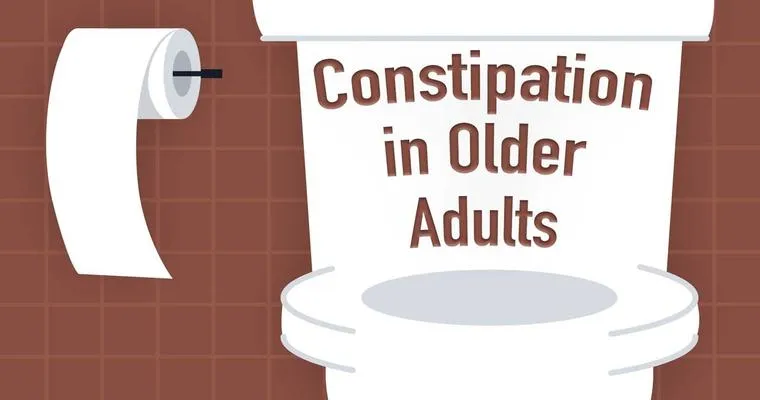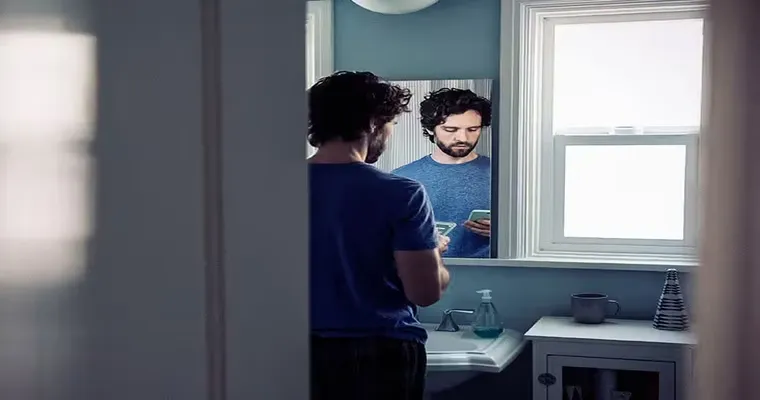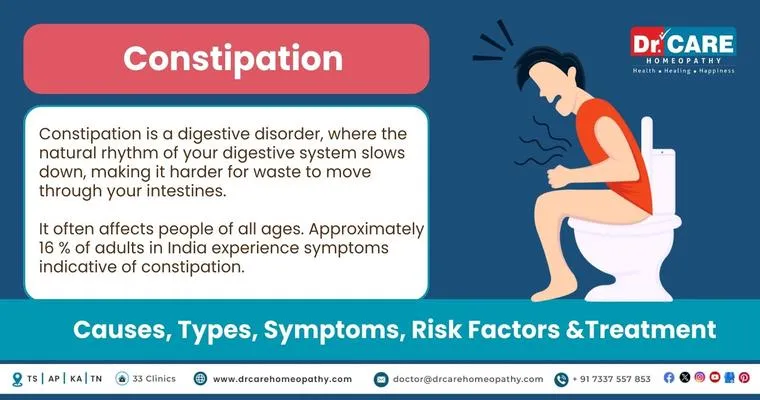Caring for a senior with "chronic constipation" can be a challenging yet essential task for caregivers. As individuals age, their bodies undergo various changes that can lead to digestive issues, including "constipation". This condition can cause discomfort and pain, significantly impacting the quality of life for seniors. Understanding how to manage and alleviate "chronic constipation" is crucial for ensuring their well-being.
Understanding Chronic Constipation
Chronic constipation is defined as having fewer than three bowel movements per week, along with symptoms such as straining during bowel movements, a sensation of incomplete evacuation, and hard or lumpy stools. For seniors, factors contributing to "chronic constipation" may include a sedentary lifestyle, inadequate fluid intake, poor dietary choices, and certain medications. Recognizing these factors can help caregivers implement effective strategies for relief.
Dietary Changes
One of the most effective ways to manage "chronic constipation" is through dietary changes. Increasing fiber intake is crucial. Encourage seniors to consume more fruits, vegetables, whole grains, and legumes. Foods rich in fiber can help to soften stools and promote regular bowel movements. Additionally, ensuring adequate hydration is essential. Seniors should aim to drink plenty of water throughout the day, as dehydration can exacerbate constipation.
Regular Physical Activity
Physical activity plays a vital role in maintaining digestive health. Encourage seniors to engage in regular, low-impact exercise such as walking, stretching, or yoga. Even simple movements can stimulate bowel function and help prevent "chronic constipation". Caregivers should help create a routine that incorporates physical activity into the senior's daily life, making it enjoyable and achievable.
Medication Management
Certain medications can contribute to "chronic constipation" in seniors. It is essential for caregivers to review the senior’s current medications with their healthcare provider. If constipation is a side effect of a prescribed medication, the doctor may recommend alternatives or adjust dosages. Never stop or change medications without consulting a healthcare professional.
Over-the-Counter Solutions
If dietary changes and physical activity do not provide relief, caregivers may consider over-the-counter solutions such as fiber supplements or mild laxatives. However, it is crucial to consult with a healthcare provider before introducing any new products. Long-term use of laxatives can lead to dependency and may worsen constipation over time.
Promote Regular Bowel Habits
Establishing a regular bowel routine can also be beneficial. Encourage seniors to set aside time each day for bowel movements, ideally after meals when the digestive system is most active. Creating a comfortable and private environment can help reduce any anxiety related to bowel movements, making it easier for them to relax and go.
Monitor Symptoms
Caregivers should closely monitor the senior’s symptoms and keep track of any changes. If the "chronic constipation" persists despite implementing these strategies, it is essential to consult a healthcare professional. They may recommend further evaluation to rule out underlying conditions or provide additional treatment options.
Conclusion
Caring for a senior with "chronic constipation" requires patience, understanding, and proactive measures. By focusing on dietary changes, encouraging regular physical activity, managing medications, and promoting healthy bowel habits, caregivers can help improve the quality of life for seniors experiencing this common issue. Remember, every individual is different, so working closely with healthcare providers is key to finding the most effective solutions.





